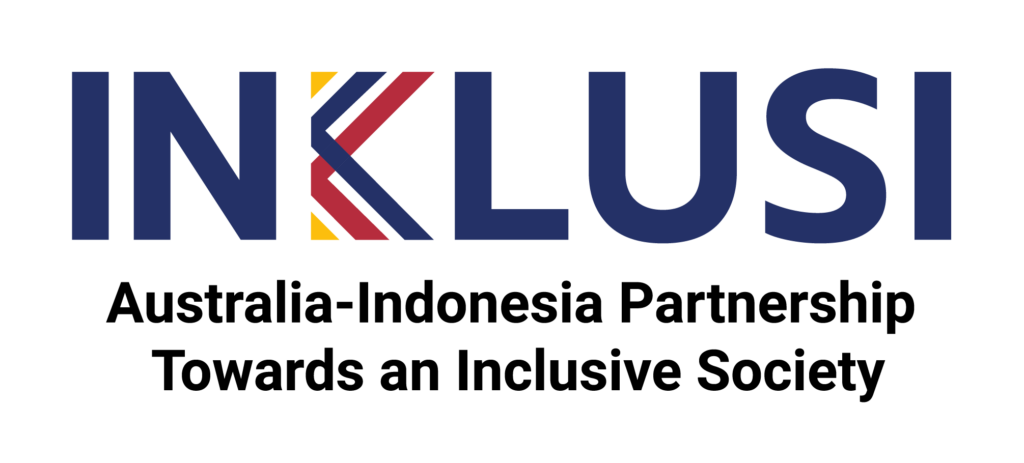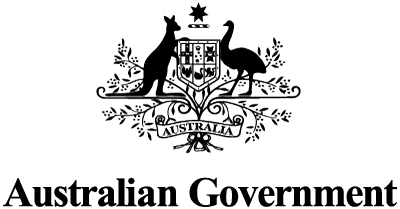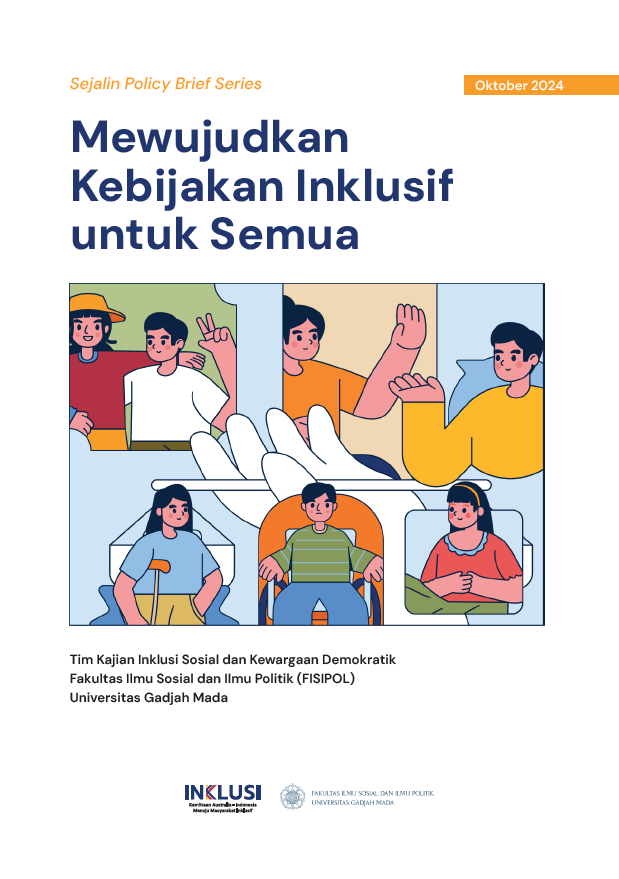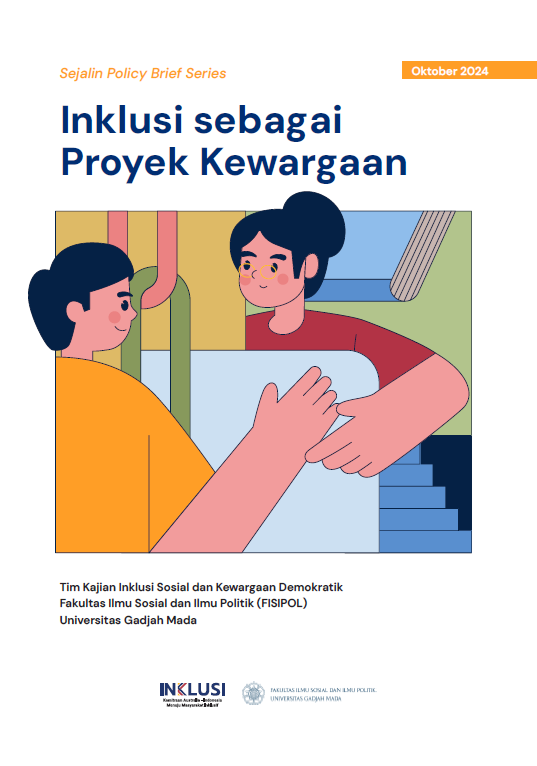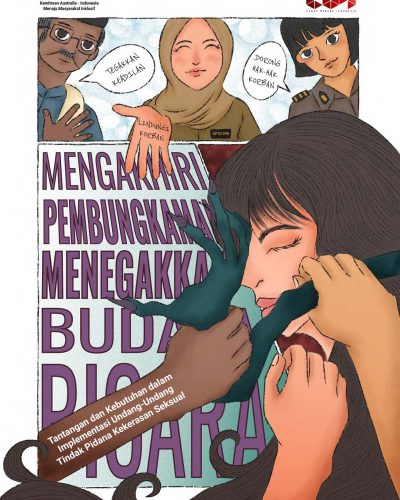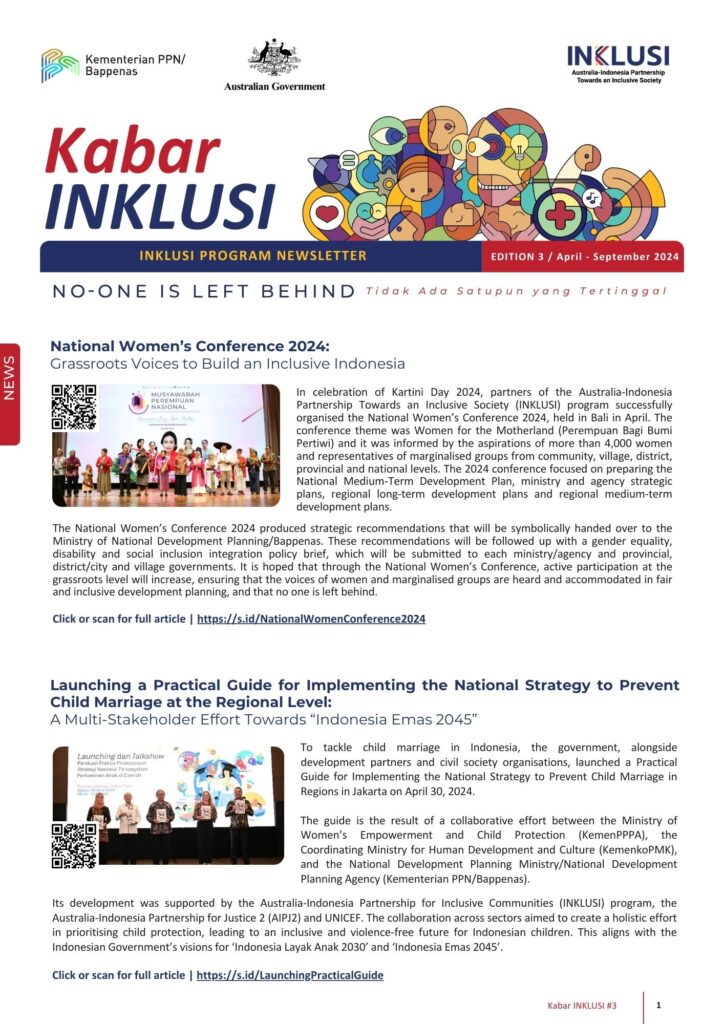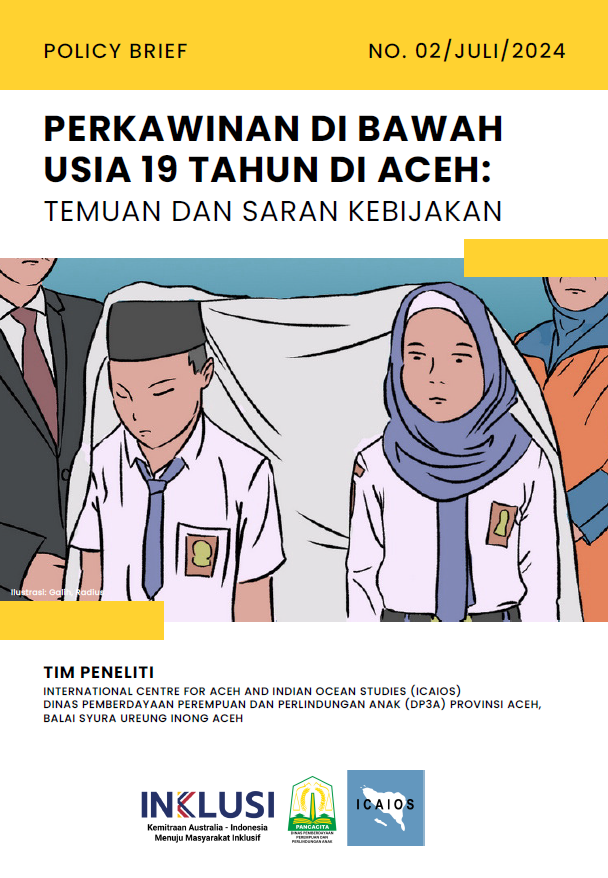This policy brief is the result of research titled “Women’s Empowerment in Agriculture,” prepared and published by the Centre for Cooperation and Development Management at Universitas Airlangga (BKMP UNAIR) in collaboration with ‘Aisyiyah, with support from the Australia-Indonesia Partnership Towards an Inclusive Society (INKLUSI).
The research aims to understand the contributions of women in the agricultural sector, evaluate the economic and non-economic challenges they face, and develop policy recommendations to support their empowerment, improve their welfare, and enhance their productivity in agriculture. The research was conducted in four regions: Probolinggo (East Java), Garut (West Java), Kolaka (Southeast Sulawesi), and Lahat (South Sumatra), which are areas of focus for ‘Aisyiyah under the INKLUSI Program.
The information presented in this publication is the responsibility of the production team and does not represent the views of the Indonesian Government or the Australian Government.
(Only available in Indonesian)
